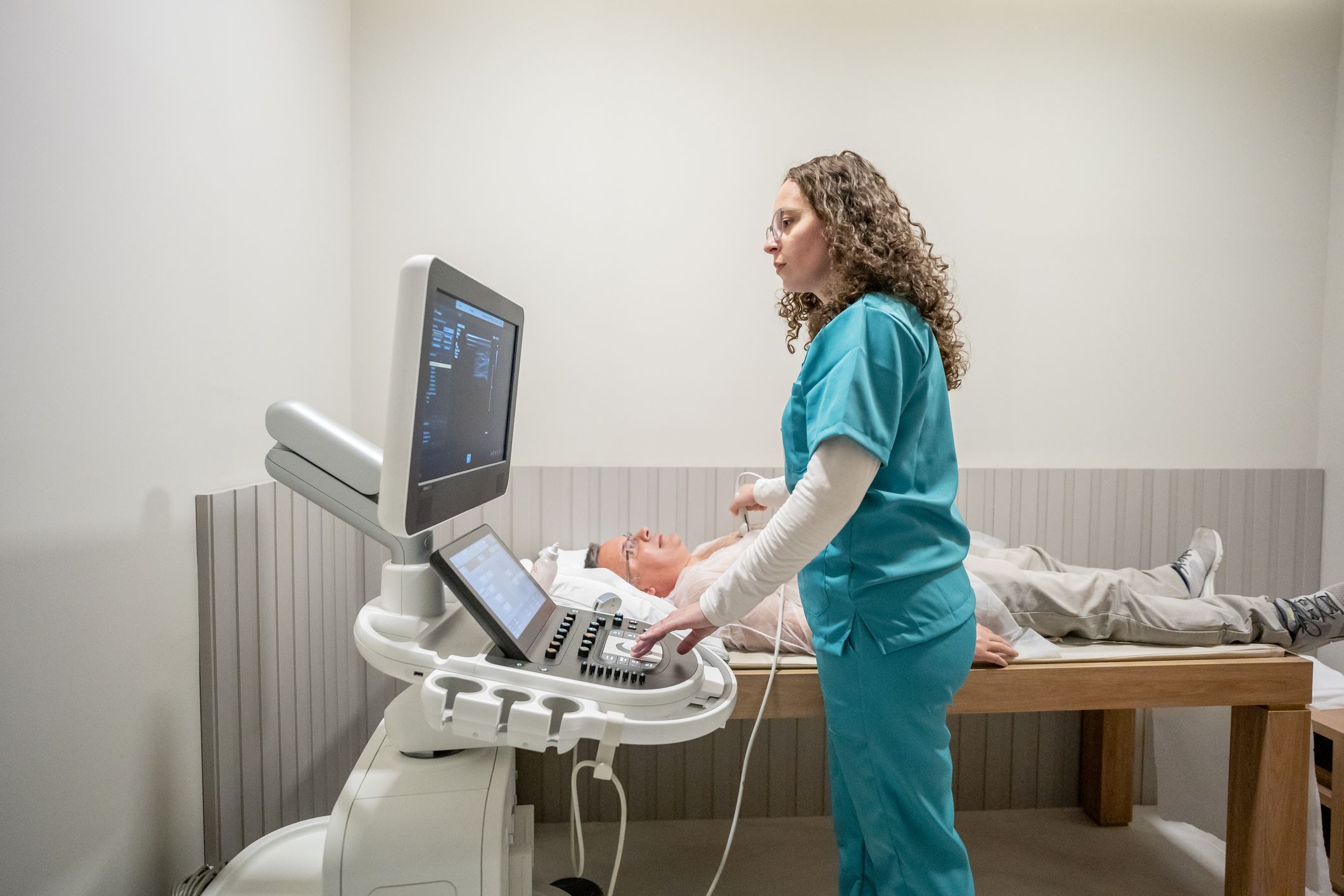Have you ever wondered how doctors can monitor your heart's activity with just a few electrodes attached to your chest? The answer lies in the fascinating technology known as an electrocardiogram (EKG) machine.
What is an EKG?
An electrocardiogram, commonly known as an EKG or ECG, is a test that records the electrical activity of your heart. It involves placing electrodes on specific body areas, usually your chest, arms, and legs. These electrodes detect the electrical signals your heart produces as it beats and transmit them to the EKG machine for analysis.
How does an EKG work?
The EKG machine measures the electrical impulses generated by your heart through a series of waves representing different cardiac cycle phases. The P wave represents atrial depolarization, the QRS complex signifies ventricular depolarization, and the T wave indicates ventricular repolarization. By analyzing these waves, healthcare providers can assess the rhythm and rate of your heartbeat and identify any abnormalities.
What can an EKG diagnose?
An EKG can provide valuable information about your heart health and help diagnose various conditions, such as arrhythmias, coronary artery disease, myocardial infarction (heart attack), and structural abnormalities in the heart. An EKG can also monitor the effectiveness of certain medications or treatments for heart-related issues.
Types of EKG tests
Several types of EKG tests are available depending on what healthcare providers are looking to assess. A resting EKG is typically done while you lie down quietly, while a stress test involves monitoring your heart activity during physical exertion. Other specialized tests like Holter or event monitoring can provide continuous monitoring over a more extended period to capture intermittent cardiac abnormalities.
Limitations of an EKG
While an EKG is a valuable tool in diagnosing various heart conditions, it is essential to note that it has its limitations. An EKG cannot detect all types of cardiac abnormalities or provide detailed information about blood flow in the arteries leading to the heart. In some cases, additional testing, such as echocardiograms or cardiac catheterizations, may be necessary for a more comprehensive evaluation.
Heart Rhythm Monitoring in Arlington
If you have concerns about your heart health or require urgent medical attention, don't hesitate to contact us. Our facility is equipped to handle a wide range of medical situations with promptness and professionalism. Visit us at 4130 N. Collins St., Arlington, TX, or call to schedule an appointment at (817) 799-7273. At Urgentology Care, your heart health is our priority, and we're here to support you every beat of the way.


